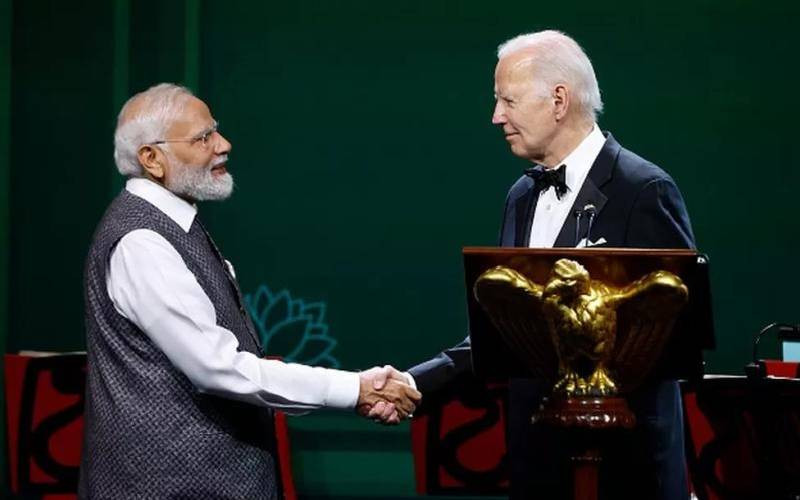
The 2023 group of 20 (G20) meeting ended up as G21 after the African Union was admitted as a permanent member. It was one of the highlights of this year's meeting held in New Delhi, India.
China and Russia were not represented by their presidents, leaving the Indian Prime Minister Narendra Modi to get all the airtime and publicity. It is a meeting I would have loved to attend, having overflown India severally but never landed on this sub-continent famous for the Himalayas, medical tourism, software, pharmaceuticals and, more recently Bollywood.